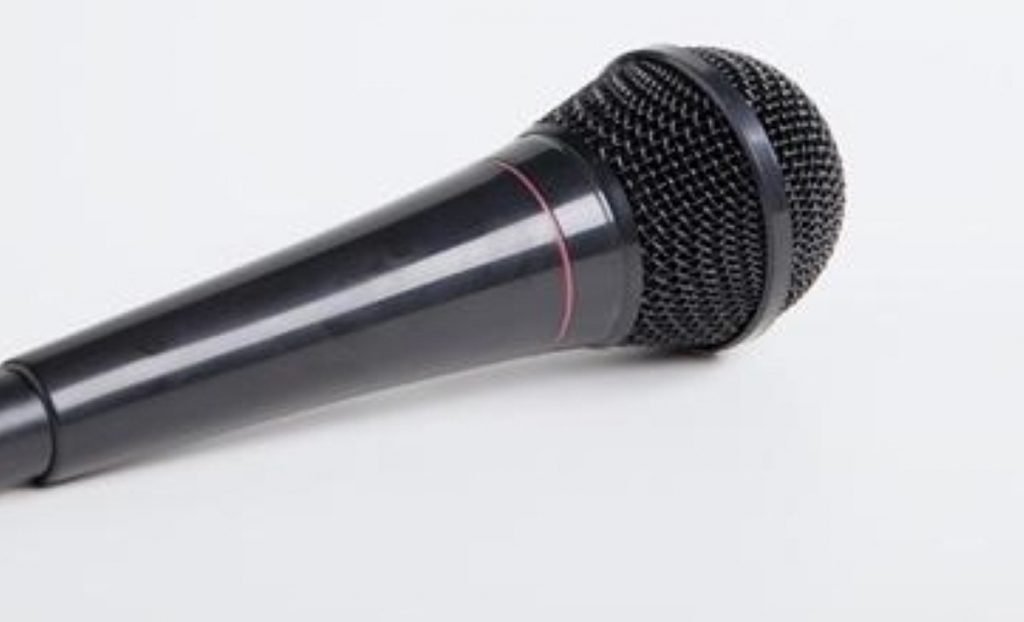Opinion: From Harare to Unity
The G8 foreign ministers have been talking the talk on Zimbabwe, but will their outrage really make any difference?
We journalists spend a lot of our time writing down what others say. Mostly they are opinions – comments on the wide-ranging issues of the day. Sometimes they are those of genuinely important people, stating their plans and shaping others’ attitudes. Occasionally – only occasionally – they make a real difference.
The week ends with two sets of words, in two very different parts of the world. Tokyo, hosting the G8 foreign ministers’ meeting, has seen our great leaders continue the barrage of hostility against Mr Mugabe’s repressive campaign in Zimbabwe. Condoleezza Rice made clear today “there was strong sentiment in that room”. David Miliband went further, blasting the “sham” poll which has seen the incumbent remain the only candidate in the race. The blanket media coverage of Zimbabwe’s non-election has worked all right-thinking people up into a frenzy of frustration. Unfortunately, we’ve seen it all before.
Last September, protesting monks in Burma caught the imagination of the world. The basic set-up is the same: an intransigent, bitterly entrenched regime; a people, desperate for change and ready to show their feelings, repressed by fear into paralysis. There was a lot of huffing. There was a lot of puffing. Not much has changed.


Only recently has China seen the same sort of pressure. British businessmen travelling to the country explain that most Chinese view the Tibetan protestors with something approaching contempt; but the international community, enraged by the Dalai Lama’s excellent publicity-making machine and the righteous sympathy with the oppressed, thinks otherwise. Many view the Beijing Olympics as an opportunity to put pressure on China to respond to these concerns. But will Tibet ever be truly independent again? Will all the berating, carping words make a difference? One fears Zimbabwe will go the same way as Burma and Tibet.
Far across the Pacific, in the small town of Unity, New Hampshire, Hillary Clinton is demonstrating exactly how words can spark change. It is an astonishing, slightly surreal sight for anyone who has followed US politics in recent months. She stands on a stage, surrounded by hordes of Democrat supporters waving ‘Unity for Change’ placards. And who is that, seated next to her, grinning to himself in an insufferably smug manner?
“We have gone toe to toe in this hard-fought primary,” the failed presidential aspirant says.
“But today and every day going forward, we stand shoulder to shoulder for the ideals we share, the values we cherish and the country we love.
“We may have started on separate paths but today our paths have merged. Today our hearts are set on the same destination for America. Today we are coming together for the same goal: to elect Barack Obama as the next president of the United States.”
The New York senator, always the professional politician, suffered an extraordinarily close defeat this spring. She lost, eventually, on superdelegates. But on Friday afternoon, for the first time, she and Mr Obama joined together to unite the Democrat party.
Her words met with rousing enthusiasm from the crowd. They knew the significance of this event. You could see it in their eyes. All showed their relief at the opportunity to put the infighting behind them and focus, instead, on November 4th: on the race for the White House and, above all, beating John McCain. The Republicans have spent the last few months crowing in enthusiasm about the divided Democrats. Ms Clinton’s words of endorsement began to end this phase. Sandy Berger, national security adviser for Bill Clinton during his final years in the White House, told Chatham House last month that the Democrats were determined to unite. Ms Clinton’s words were not wasted, that’s for sure.
Journalists have to work out which words are important, and which aren’t; it’s our job. The risk is that we end up dismissing all of them, especially when writing about international affairs. James Cameron, that greatest of British journalists, summed it up perfectly in his classic 1967 memoir Point of Departure. The summits he attended were pivotal and genuinely historic: Geneva, New York, Ankara, Belgrade. The frustration he felt was intense.
“Thud, thud, and drip, drip; the anodyne phrases, the sterile handouts, the evasive, meaningless, circumlocutory, halfhearted and empty form of words. Language itself became a currency debased and corrupt; token sentences rubbed clear of message, like worn coins.”
There is Cameron at his devastating best; it seems the view from Tokyo, over half a century later, is not that dissimilar. Will anything actually be done about Robert Mugabe? Or will the words continue to drip, to thud, to wear, and make no difference at all? After a week of wearying frustration, at least Ms Clinton is saying something of real significance. Her unbridled support of Mr Obama really could change the world.
Alex Stevenson









